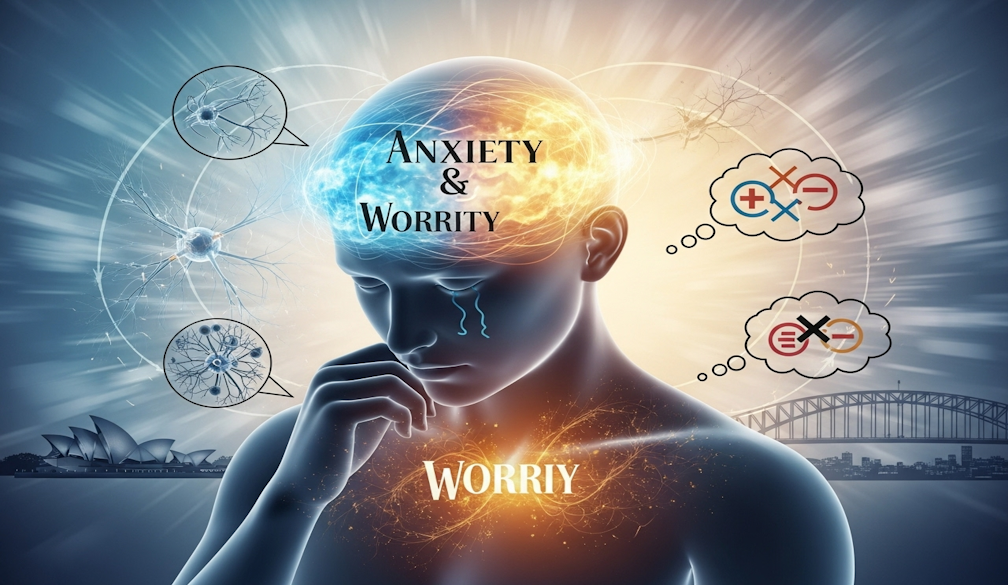How Anxiety and Depression Often Occur Together

Mental health challenges rarely exist in isolation. Two of the most common conditions—anxiety and depression—are frequently experienced together, often compounding each other’s effects. Understanding how and why they overlap is an important step in recognising symptoms early and seeking the right support. For anyone navigating these difficulties, working with a clinical psychologist in Sydney can provide the strategies and guidance needed to manage both conditions effectively.
Why Anxiety and Depression Co-Occur
While anxiety and depression are distinct mental health conditions, they share many risk factors, including:
- Biological influences: Genetics, brain chemistry, and hormonal imbalances can increase vulnerability to both conditions.
- Stressful life events: Trauma, loss, or ongoing stress often trigger symptoms of anxiety and depression simultaneously.
- Negative thought patterns: Pervasive feelings of hopelessness or excessive worry can fuel one another, creating a cycle that is hard to break.
Because of these shared risk factors, it’s not uncommon for people to be diagnosed with both disorders at the same time—a situation known as comorbidity.
Recognising the Overlap in Symptoms
Although anxiety and depression have unique characteristics, there are overlapping symptoms that make it challenging to distinguish between the two without professional help:
- Difficulty concentrating
- Sleep disturbances (insomnia or oversleeping)
- Fatigue and low energy
- Irritability or restlessness
- Withdrawal from social activities
When combined, these symptoms can feel overwhelming, making it even harder for individuals to cope with daily responsibilities.
The Impact of Experiencing Both
Having anxiety and depression at the same time can intensify the severity of each condition. For example, someone who is constantly worried (anxiety) may feel hopeless about ever finding relief (depression). This combination can lead to:
- Greater impairment in work and relationships
- Increased risk of physical health problems
- Higher likelihood of substance use as a coping mechanism
The interaction between the two conditions often results in a slower recovery if left untreated, which is why timely support is essential.
Pathways to Support and Recovery
The good news is that effective treatment approaches are available. Professionals often recommend a combination of therapies, tailored to each individual:
- Cognitive Behavioural Therapy (CBT): Helps challenge negative thinking and reduce unhelpful behaviours.
- Medication: Antidepressants or anti-anxiety medications may be prescribed where appropriate.
- Lifestyle changes: Exercise, nutrition, mindfulness, and improved sleep habits can play a crucial role in recovery.
Importantly, seeking guidance from a trained psychologist provides personalised strategies to manage both anxiety and depression, rather than treating them in isolation.
Taking the First Step
If you or someone you care about is struggling with symptoms of both anxiety and depression, reaching out for support is a vital first step. With the right help, it is possible to reduce symptoms, regain balance, and improve overall wellbeing.




